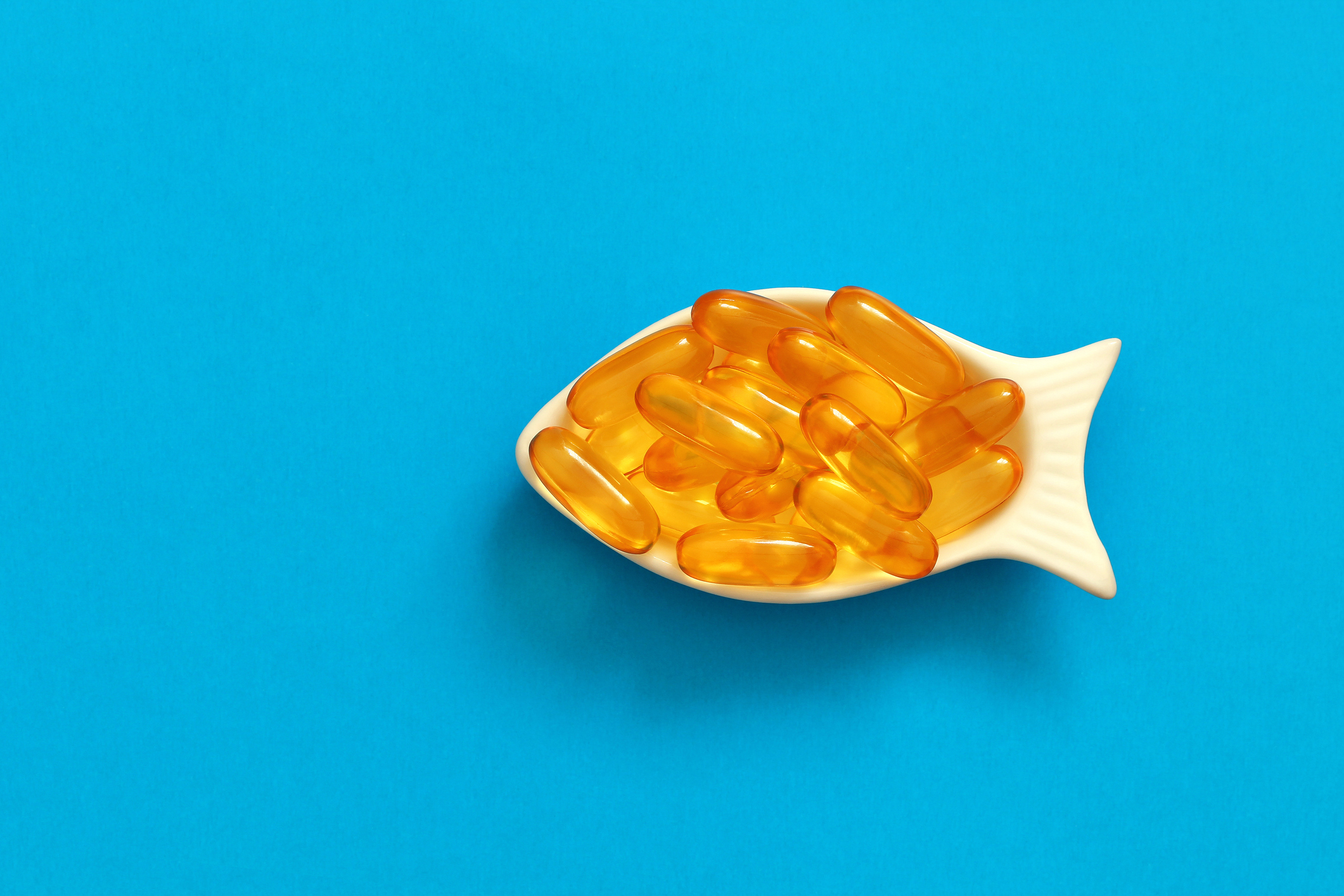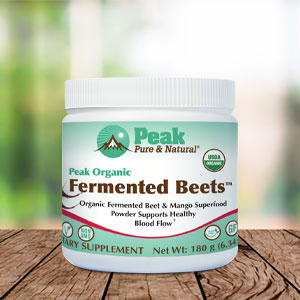Get Easy Health Digest™ in your inbox and don’t miss a thing when you subscribe today. Plus, get the free bonus report, Mother Nature’s Tips, Tricks and Remedies for Cholesterol, Blood Pressure & Blood Sugar as my way of saying welcome to the community!
Move over fish and krill oil: Is this the omega-3 for you?

The fact that fish oil is packed with heart-healthy omega-3 fatty acids is no secret.
In fact, a couple of years ago, pharmaceutical companies even joined in and developed prescription-strength omega-3 supplements specifically designed for patients with very high triglycerides.
After a massive meta-analysis of 120,000 people across 13 separate randomized trials worldwide confirmed its benefits, I assume they felt “If you can’t beat ‘em, you might as well join ‘em.”
Now, however, there’s another marine oil that could give fish oil a run for the money when it comes to transforming the health of your heart…
Avoiding atherosclerosis with mussel oil
Only about one-third of Americans eat seafood once a week, while nearly half eat fish only occasionally or not at all.
So supplementing to get those valuable omega-3 fatty acids is the right choice for most of us. But until krill oil, you may have thought fish oil was your only supplement source.
Krill became popular a few years ago as we learned how rising pollution levels in our oceans were hitching a ride in wild-sourced fish — and about the antibiotics and nasty conditions farm-raised fish live in.
But hold on to your hat… there’s a third contender in the ring.
Aside from fish, other sources of omega-3s include clams, lobster, shrimp, scallops and squid. But among these alternate sources, ounce-for-ounce mussels come out on top with a whopping 700mg per serving.
But how does it compare to fish oil?
A study published in the journal Frontiers in Nutrition compared the efficacy of mussel oil against fish oil, corn oil and even aspirin for preventing atherosclerosis, also known as hardening of the arteries, in mice.
The results of the study showed that taking mussel oil resulted in:
- Fewer atherosclerotic plaques than in mice taking fish oil, comparable to the levels of these lesions in mice with healthy hearts
- Lower lipid (cholesterol) deposition
- Reduced macrophages in the aortic sinus — these are immune cells that release molecules such as chemokines and cytokines that accelerate inflammation and arterial plaque formation
- Lower levels of smooth muscle cells (SMCs) in arteries. SMCs appear in areas within arteries that eventually develop atherosclerotic plaques.
Pretty impressive for the new kid on the block.
Supplementing for heart health and longevity
So clearly, it’s time to swap out your old fish oil for the new cardiovascular kid on the block — mussel oil — right?
Well, maybe not.
Unfortunately, while the results of this study show that mussel oil may be superior than regular old fish oil when it comes to your heart, the oil isn’t widely available here in the United States.
In fact, when I searched Amazon for the oil, I found a couple of possibilities (which at up to $57 a bottle could be out of reach of many budgets). And, most of them were made up of only a fraction of mussel oil, with the rest being flaxseed and kiwifruit seed oils.
That’s why when it comes to supplementing omega-3s, krill oil is still my favorite choice.
There are several reasons why, including these:
- The omega-3 fatty acids in krill oil are easier to absorb thanks to their phospholipid shell.
- A dose of 1 to 1.5g of krill oil a day was seen to lower LDL (bad cholesterol) more than three times that dose in fish oil.
- Unlike fish oil, krill capsules leave no fishy burps or aftertaste and are generally smaller in size so they’re easier to take.
- The clean and sustainable factor. Krill are at the bottom end of the ocean’s food chain, they are less likely to accumulate high levels of mercury or other contaminants.
And a small study published in 2013 found that after 4 weeks of taking only one of the supplements, krill oil led to higher levels of EPA and DHA blood levels compared to fish oil.
For me, this makes krill oil an easy and accessible choice when it comes to caring for my heart and blood vessel health.
Editor’s note: There are perfectly safe and natural ways to decrease your risk of blood clots including the 25-cent vitamin, the nutrient that acts as a natural blood thinner and the powerful herb that helps clear plaque. To discover these and other secrets of long-lived hearts, click here for Hushed Up Natural Heart Cures and Common Misconceptions of Popular Heart Treatments!
Sources:
Mussel oil is superior to fish oil in preventing atherosclerosis of ApoE−/− mice — Frontiers in Nutrition
Mussel oil beats fish oil in atherosclerosis prevention, animal study finds — News Medical Life Sciences
Research uncovers key therapeutic target for reversing accelerated atherosclerosis in diabetes – News Medical Life Sciences
Role of Smooth Muscle Cells in the Initiation and Early Progression of Atherosclerosis – AHA Journals














